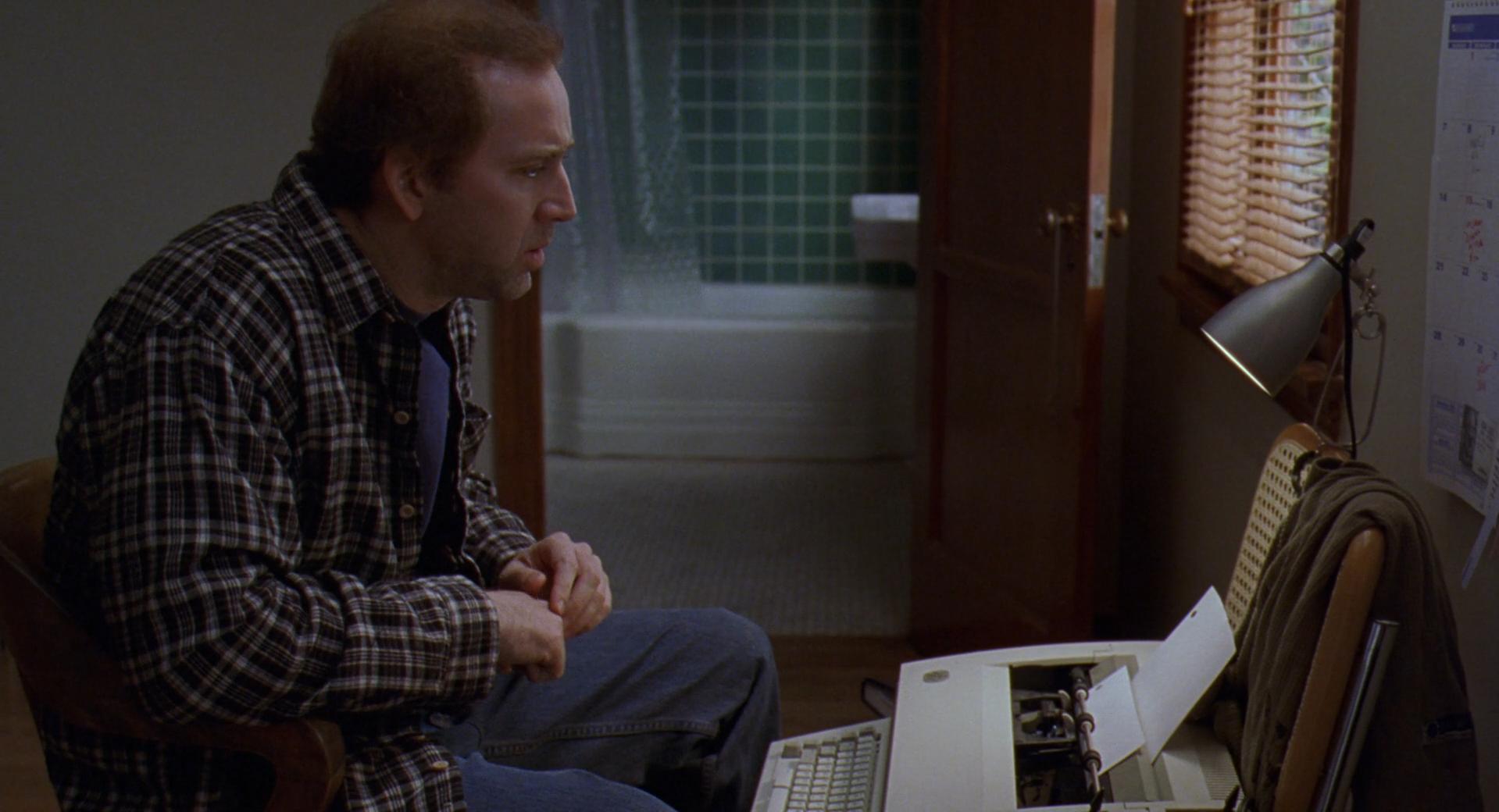Characterization in film can ultimately make or break a movie. Unless you read screenplays, you probably don’t realize how much work screenwriters go through to craft that characterization in their script. Solid characterization is one of the major components that script readers look for in new scripts. How can you practice better characterization if it is an essential characteristic of your writing?

It All Starts With a Backstory
Hit HBO series Westworld cited the backstory as one of the major components to creating realistic characterization. In Westworld, humans visit a wild-west-themes amusement park where they interact with life-like robotic “hosts.” In programming, the psyche of each host, the creator, starred by Anthony Hopkins, writes a keystone backstory experience that informs the way each host acts and thinks.
Think of your characters like the hosts in Westworld. You have to figure out how to make your created characters seem more lifelike and less like robots. Their backstory is the foundation that informs their actions, similar to how humans think.
Though it may not be included in your story itself, spending some time thinking about each character’s backstory will prove a fruitful exercise. Not only will this make writing your story easier, but it will create depth that your character can draw from throughout your story.
Give Them Virtues and Vices
Convincing characters have many of the traits and desires we see in humanity. They are motivated by successes and failures, and their personality is governed by virtue and vice.
In Greek literature, characters often have a “fatal flaw” that inevitably leads them to failure in the end. Hubris, or excessive pride, is one of the most common examples of a fatal flaw. The story of Icarus is one of the most well-known examples of this. If someone’s fatal flaw were hubris, how would they act if they received wings and were told by their parent not to fly too high? You can see in this example that it was inevitable that Icarus would disobey.
A creative writer will bend and blur the lines between these traits in their characters for desired effects. Considering a more complex character, Javert in Les Misérables is often thought of as the story’s villain. Javert is intensely motivated by justice and a profound sense of duty. That is not inherently a bad thing. Many would even consider it virtuous, but the audience sees his inability to be flexible. Justice, lacking moderation, becomes Javert’s fatal flaw.
In these examples, you can quickly see how creative you can be when developing characterization. First, before writing your story, it’s worth thinking deeply about your characters. Doing so will make the writing process much clearer down the line. In addition, you can better introduce your audience to your characters because you know your characters.
Make Use of Their Introduction
Though characterization begins with a backstory for the writer, it starts with an introduction for the reader. Like how first impressions are essential when meeting new people, characterization can make or break a character.
Because of this, it’s essential to consider the impression you want to give your audience when they meet your character and what parts of their personality you want to convey in that introduction. Many writers will work backward to create an introduction in this way because the backstory work you have already done can write much of the introduction for you.
Think about one of the most famous introductions in cinema: Darth Vader in the opening scenes of Star Wars: A New Hope. The setting of the scene tells you quite a lot about Darth Vader. The rebel ship is being invaded. Darth Vader appears on screen, steps over the rebel bodies, and quickly moves out of frame. He immediately interrogates a rebel soldier before choking them, yells at his soldiers, and captures Princess Leia. Just a few scenes into the film, you already know he is a ruthless leader, determined, lacks mercy, and has some kind of strange suit that makes his breathing very audible. The audience receives critical information about his character and leadership style, but they are also left with questions about his physical state.
Study Your Favorite Characters
To write good characterization in film, you have to do a lot of reading and research. Many writers begin with their favorite movies and read the screenplay alongside watching the film. Many databases compile screenplays for free and make it easy to do this. Not only is it fun, but you will quickly understand the movie and your favorite characters at a deeper level.
To write good introductions, you have to study good introductions. Good writers think through the introductions of their favorite characters, knowing that their introduction is likely a critical factor that makes them their favorite to begin with. Professional screenwriters almost always cite reading a lot of screenplays as one of the best ways to practice their craft.
Studying your favorite characters will quickly give you an edge when it comes to developing your characterization skills.
The Difficulty For Screenwriters
Characterization is already complex on its own, but it becomes more difficult for screenwriters. Your character has to be played by an actor on screen directed in the production. That places your character further steps removed from your audience.
Characterization for screenwriters is a more holistic approach. You have to communicate your character to the director and the actor. They can then make artistic adjustments that further develop characterization in film.
Though many writers think of that further step as the director’s job, the writer needs to make that transition smooth for everybody reading their script. The ability to do that sets many screenwriters apart from the competition.
Grow Your Characters Alongside Others
Writing good characterization is a skill, and skills can be improved much quicker alongside other writers. ScriptMother is an online writing community that allows you to upload your script, participate in a community of like-minded screenwriters, and receive feedback on your writing. You’ll also have the opportunity to participate in writing competitions and receive all the usual benefits of joining an online community.
Sign up for a free account with ScriptMother to begin sharpening your skills and improving your work.







Add Comment
Comments
No comments have been posted